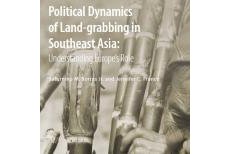Ask Chennai’s (Madras’) fisherfolk and they will tell you that the road to hell is built on stilts. Various Central and state government agencies plan to construct three controversial expressways on stilts in the coastal city. These roads will displace more than 1 lakh people — mostly urban poor (…)

